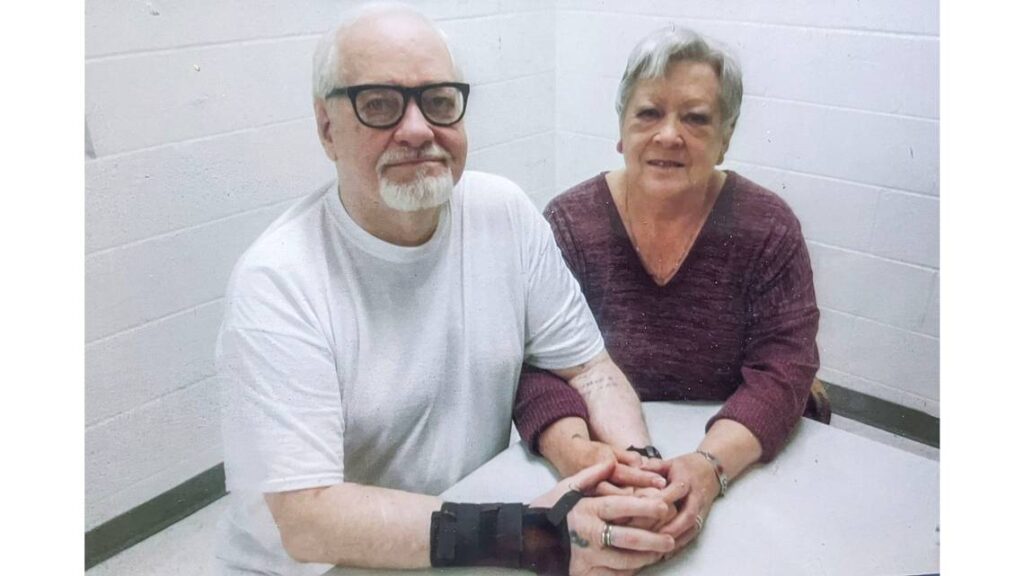The Idaho Commission of Pardons and Parole recently denied a request for a clemency hearing from Thomas Creech, the longest-serving death row prisoner in the state. This decision marks another attempt by Creech, who is scheduled for execution next month, to secure a reprieve from his death sentence. During a closed session, the seven-member parole board voted 5-1 against Creech’s petition, which sought to reduce his sentence to life in prison. Recently, his attorneys contended that the Ada County Prosecutor’s Office had presented flawed evidence during a previous clemency hearing, where it was suggested that Creech was implicated in a decades-old cold case murder in California. The earlier clemency hearing ended in a tie vote, leading to the maintenance of Creech’s death sentence.
Creech has maintained his innocence in the cold case involving the death of Daniel A. Walker, a case he has never faced charges for. Walker’s brother, Doug, has expressed concern regarding his family’s involvement in the prosecutor’s victim impact statement, suggesting they felt pressured. He recently supported Creech’s renewed clemency petition by submitting a letter questioning the integrity of the case against Creech and highlighting the lack of concrete evidence presented by the prosecution. The Ada County Prosecutor’s Office has not provided specific evidence regarding Creech’s alleged role in the cold case, emphasizing the complexity and unreliability of the contributions presented during the clemency proceedings.
In addition to the failed clemency request, Creech’s legal team has initiated a federal lawsuit against the parole board and the Ada County Prosecutor, Jan Bennetts, related to the same issues. The initial federal judge assigned to the case recused herself due to longstanding ties with the prosecutor. The case is now being overseen by a visiting judge from Arizona. Meanwhile, Doug Walker has also submitted an amicus brief to support Creech’s pursuit of a stay of execution, reflecting concerns about potential errors in the judicial process surrounding Creech’s conviction and subsequent death sentence.
Creech is also navigating several pending federal appeals aimed at averting his scheduled execution. One notable appeal, currently awaiting a decision from the Idaho Supreme Court, argues that a second attempt to carry out his execution could violate his constitutional safeguards against cruel and unusual punishment. The Idaho Supreme Court had previously rejected Creech’s request for a stay of execution in a decision made without holding an oral argument, a fact which has raised questions about the transparency and fairness of the legal proceedings against him.
At 74 years old, Creech has spent nearly five decades in incarceration following his convictions for multiple murders, including three committed in Idaho. His current death sentence originates from his guilty plea in the beating death of fellow inmate David D. Jensen in 1981. Earlier in his criminal history, he was convicted of two homicides in Idaho back in 1974. In a recorded interview, Creech confessed to the killings of two men during those incidents but denies any connection to several other violent actions attributed to him, raising further questions about the consistency and reliability of his confessions and subsequent convictions.
As his execution date approaches, the issue of whether Creech’s execution can be lawfully pursued remains under intense scrutiny. With the history of difficulties in administering lethal injections and fears of constitutional violations surrounding the potential for cruel or unusual punishment, the complexity of his case has drawn significant attention. The unfolding legal battles for Thomas Creech reflect critical tensions within the American criminal justice system, especially surrounding the use of capital punishment and the perceived fairness of judicial processes. The requirements for transparency, even in high-stakes cases such as Creech’s, are paramount as he seeks to assert his rights against what he and his supporters argue may be a miscarriage of justice.

